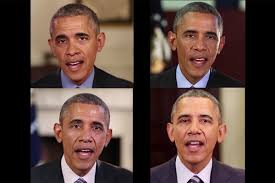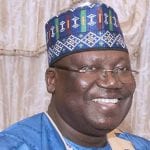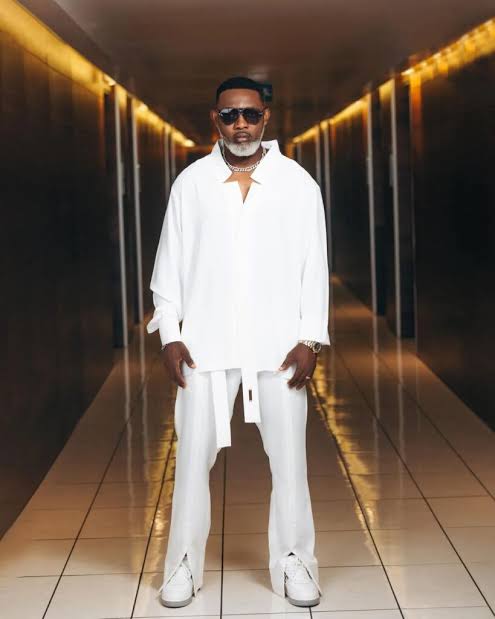In the past few years, Nigeria has been a victim of fake news. Despite the efforts made to completely eradicate fake news from the Nigeria media, the menace still persists. Even with the several attempts by the federal government and some international organisations to curb the spread, it still seems to be spreading like wild fire.
A survey by the Pew Research Center recently revealed that Americans view made-up news and information as a bigger problem than other critical issues, including terrorism, immigration, climate change and racism.
While Nigeria is still grappling to stop the spread of misinformation and fake news, a bigger digital problem may be lurking.
Imagine Nigerians waking up to a video of President Mohammedu Buhari using foul language in addressing the nation, or a public figure or politician insulting Muslims or Christians. Even though the videos may appear real, in reality they are “Deepfake” videos. Imagine the quagmire the country will be thrown into.
Deepfakes are videos and images that have been digitally manipulated, to depict people saying and doing things that never happened. Most deepfakes use artificial intelligence to alter video and to generate authentic-sounding audio. These clips are often produced to fool viewers, and are optimized to spread rapidly on social media. It has increasingly been used to display a person’s face on another person’s body with prominent people often being targeted.
It is used to combine and superimpose existing images and videos onto source images or videos, using a machine learning technique known as generative adversarial network. Because these techniques are so new, people are having trouble telling the difference between real videos and the deepfake videos
According to American broadcaster, Miles O’Brien report, the accelerating speed of computers and advances in machine learning make deepfakes more difficult to detect, among growing fears of their weaponization.
The report further added that, It would eventually come to a point where existing laws will have to be constantly updated every few months, to keep pace with techniques like deepfakes, which at some point will become so sophisticated and absolutely indistinguishable from the real thing. The recent victim of the deepfake video, is Facebook CEO, Mark Zuckerberg, who was seen declaring that “whoever controls the data, controls the future.”
The deepfake video was made by two British artists, using Artificial Intelligence (AI) tools developed by the Israeli digital media company, Canny AI.
Speaking in an exclusive interview with Persecond, a Social Media Activist, George Onmonya Daniel, said a lot of Nigerians are online and are aware of deepfake videos, even though it has not gotten into Nigeria.
“Nigerians are aware that there are deepfakes. A lot of people are going online everyday; because online is the in-thing at the moment, so they see these things.
“If deepfake happens in Nigeria, the people involved must come out early or immediately to debunk the video, in order to avert crises.
“I also believe the government will find measures to tackle the issue, before it comes into the country.
“I am not against legislation against fake news, but I think this government is using it to clamp down on people for saying the truth or speaking their mind,” Daniel explained.
Technology is making it easier and easier to create the impression that someone said or did something that, in reality, they did not, said Melinda Hayes, a Washington, DC, based social media expert.

” For malicious actors armed with that impersonation software, the possibilities for havoc are endless: political sabotage, humiliating fake sex videos, or unparalleled interference in another country’s politics, she said.
” What exacerbates the potential threat of deepfakes is the difficulty of disproving them—especially when a video looks very real, said Femi Soneye, Per Second News CEO.
” Political deepfakes in particular pose a national security risk. They can strain already tense relationships between ethnic groups, religious communities and intensify a lack of trust in public discourse and institutions, Soneye said.
https://www.youtube.com/watch?v=KprTJI_defA
CLICK LINK ABOVE TO WATCH A “deepfake” video created by artists, Bill Posters and Daniel Howe, featuring Facebook CEO Mark Zuckerberg is gaining attention online.























Leave a comment